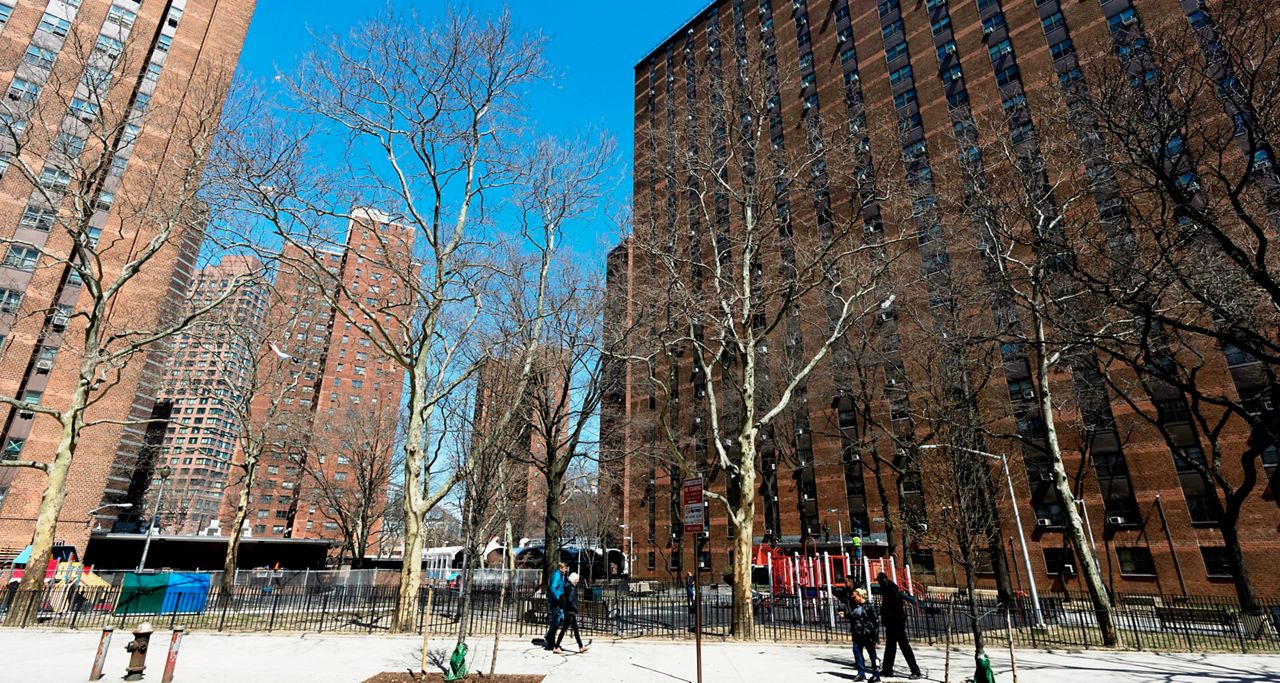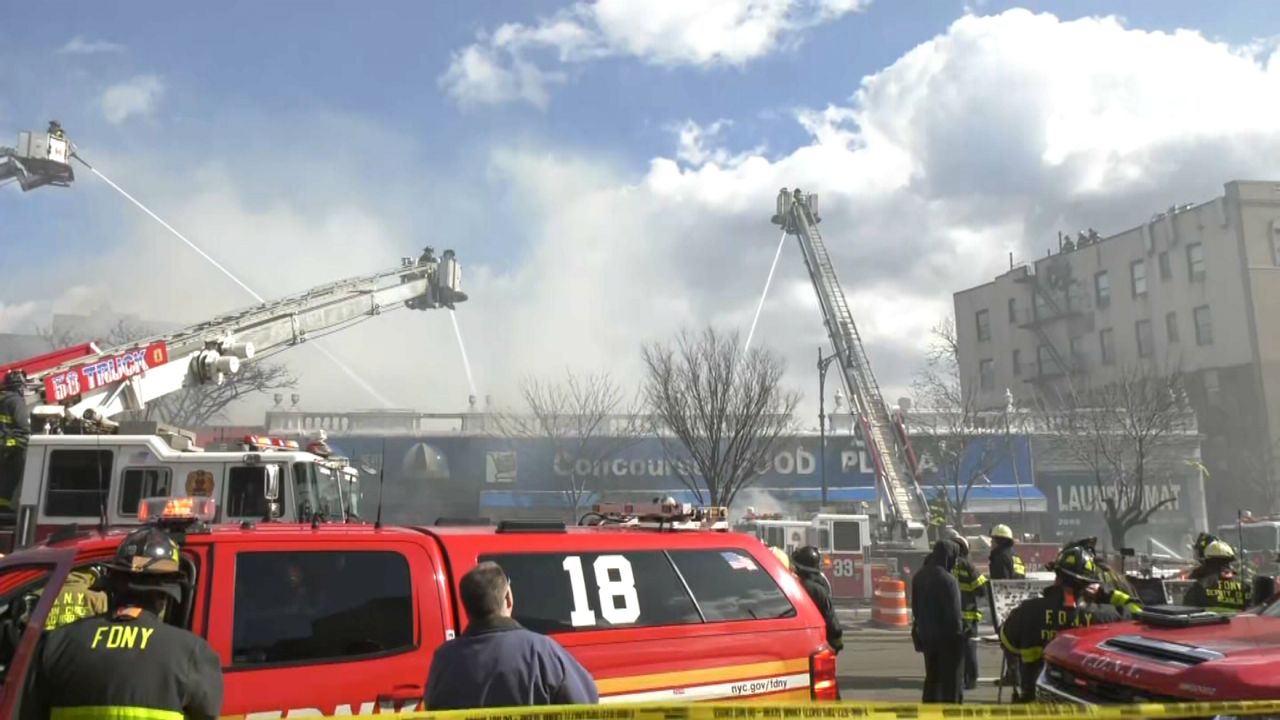NEW YORK - A year after he took over the agency, Greg Russ, the chair and chief executive officer of the city’s public housing agency, is proposing an unprecedented financial restructuring of the New York City Housing Authority, the largest in the country.
In a speech to the New York Housing Conference Tuesday morning, Russ unveiled a plan to create a new arm of the authority — a “Public Housing Preservation Trust." It would be a publicly-run entity similar to the School Construction Authority.
Setting up this trust, Russ said, would make NYCHA eligible to receive a different type of housing voucher from the federal government. Russ hopes bundling up tens of thousands of these vouchers, known as Tenant Protection Vouchers or TPV, could save the authority from financial ruin.
Sources gave NY1 this example: if the authority were to receive 25,000 vouchers, it could use them to raise about $3.4 billion in capital construction funds. That money would then go to badly needed repairs — crumbling walls, removing lead paint, fixing leaky roofs and getting rid of mold.
Russ described the plan as a “public to public transfer.”
“These are big lifts,” Russ said Tuesday morning. But, he added, "We can protect residents’ rights and affordability in perpetuity."
The move, however, could convert the entire portfolio of the housing authority (175,000 apartments) from Section 9 (traditional public housing funding) to Section 8. Russ believes Section 8 would be a more reliable funding model.
Of course, such a move is bound to spark fear among public housing residents. Russ assured NY1 this new public benefit corporation would protect the rights of tenants. Those rights, he said, would be written into legislation creating the new public entity. Affordability standards would also be written into the legislation, he said.
"We’re interested in making a minimum amount of change,” Russ said about tenants moving.
Details of what kind of tenant protections would be put in place were slim.
The whole plan would be a complicated and unprecedented - not to mention controversial - maneuver never done before on such a massive scale. The state legislature would have to approve the creation of the trust, which would be run by an independent board separate from NYCHA. NYCHA would sign a longterm ground lease with the trust, which would oversee the capital improvements to the agency's deteriorating apartments.
The U.S. Department of Housing and Urban Development would have to approve the use of the vouchers in this particular way and Congress would have to appropriate tens of thousands of more vouchers than it typically does.
Russ said he has briefed top officials at the city and federal government. He told NY1 he is optimistic at how this approach was received.
The mayor, he said, has lent “support to the set of ideas.”
HUD's regional administrator, Lynne Patton, called it excellent on paper.
“It has just got a lot of decision makers along the line to get it done," said Patton. "And not just HUD, not just the state and not just Congress. We all have to come together. Whether that’s possible with the climate in Washington right now, I am just not sure.”
Russ emphasized the plan is still in draft form.
“This is a capital investment and a social investment,” Russ said. “I think we have a chance to lead collaboratively on that."
The next step: Russ plans to brief residents and engage tenant leaders to get their feedback on these ideas.
“We have the opportunity,” he said. “Now we can have the discussion.”





 PKG OFFICE CONVERSIONS CLEAN)


